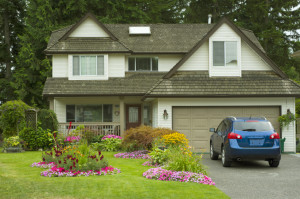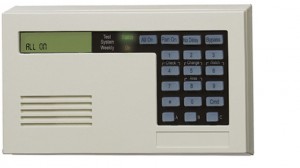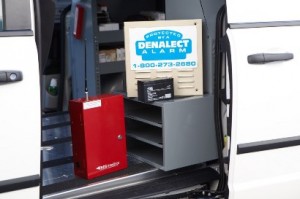If you have an alarm system installed in your home or office, then you know to contact your security provider if the system is triggered or if you need to schedule routine maintenance. However, there are a few other situations when they need to hear from you, especially if you’ve done or plan on doing any of the following.
- Remodeling. Your alarm system was designed and installed to meet your home or business’s original security
 needs. If you have or plan to make any significant remodels (such as building an addition or altering the layout) your current system may no longer provide the same level of protection. Contact your provider so they can assessment any existing or proposed changes.
needs. If you have or plan to make any significant remodels (such as building an addition or altering the layout) your current system may no longer provide the same level of protection. Contact your provider so they can assessment any existing or proposed changes.
- Testing your system. At Denalect, we highly recommend that you test your alarm regularly to ensure it’s still communicating with your provider. First, however, it’s important to contact your provider so that the test won’t be mistaken for a bona fide alarm signal. For more information on how to test your system, go here.
- Changing your cable or wireless system. If there’s any work done on your telephone lines or if you’re switching providers, it’s also a good idea to let your provider know. Certain alarm systems might be affected by, or not work with, some of the phone providers out there. That’s why we provide several different options for monitoring your system, including cellular, internet and our own private wireless network.
- System Upgrades. As home security technology advances, new system upgrades and add-ons can increase the custom features of your existing system. You should be able to contact your security provider for a no-obligation review of the latest advances compatible with your system.
If you’re a Denalect customer who has made or is interested in making any of the changes above, feel free to contact our business office at (925) 932-2211, between 9am to 5pm, Monday through Friday.
We proudly serve Contra Costa County in Northern California: Concord, Danville, Dublin, El Cerrito, Hercules, Lafayette, Livermore, Martinez, Moraga, Oakley, Orinda, Pittsburg, Pleasant Hill, Pleasanton, San Ramon and Walnut Creek.





